All Stories
-
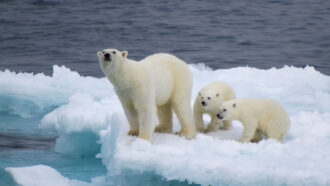 Life
LifeScientists Say: Adaptation
This word refers to a feature of a living thing that helps it better survive in its environment — or the process of that feature evolving in a population.
-
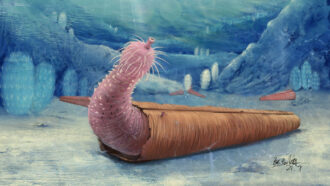 Fossils
Fossils‘Penis worms’ could have been the original hermits
These soft-bodied critters lived in abandoned shells about 500 million years ago, a new study suggests.
By Sid Perkins -
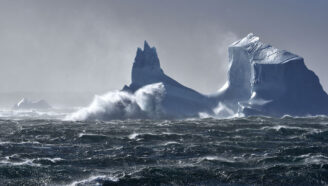 Life
LifeFrom icebergs to smoke, forecasting where dangers will drift
Smoke drifts. Fish eggs float downstream. Where such drifting things end up may seem a mystery. But research can predict where they’ll end up.
-
 Animals
AnimalsA panda stands out at the zoo but blends in the wild
A panda may stand out among bamboo at the zoo, but in the wild, its black-and-white coloring camouflages it from predators. Learn more with this web comic.
By Sarah Zielinski and JoAnna Wendel -
 Humans
HumansSnap! High-speed video captures the physics of snapping fingers
Inspired by the infamous snap of the Avengers rival Thanos, scientists set out to investigate the physics behind finger-snapping.
-
 Space
SpaceAstronomers may have found first known planet in another galaxy
The spiral-shaped Whirlpool galaxy may be home to the first planet spotted outside our own Milky Way galaxy.
-
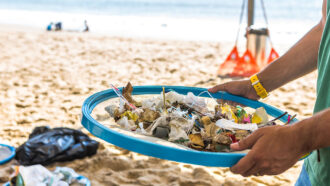 Environment
EnvironmentA new way to make plastics could keep them from littering the seas
Borrowing from genetics, scientists are creating plastics that will degrade. They can even choose how quickly these materials break down.
-
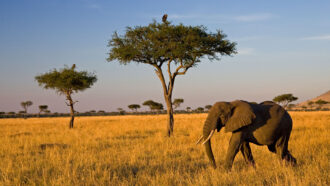 Earth
EarthScientists Say: Savanna
Savannas exist where there is more rainfall than in a desert, but less than in a forest.
-
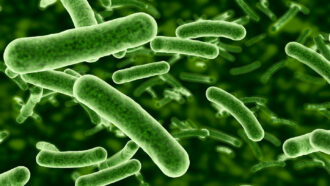 Microbes
MicrobesGenes point to how some bacteria can gobble up electricity
A new study shows how some microbes absorb and release electrons — a trait that may point to new fuels or ways to store energy.
-
 Physics
PhysicsExplainer: Understanding electricity
Here’s what allows you to plug in and power up the devices in your life.
By Trisha Muro -
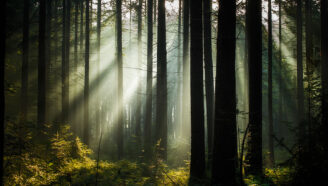 Ecosystems
EcosystemsSecret forest fungi partner with plants — and help the climate
Forest fungi are far more than mere mushrooms. They explore. They move nutrients and messages between plants. They can even help fight climate change.
-
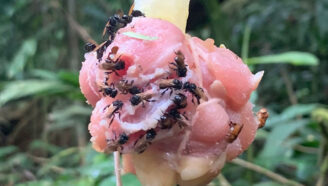 Animals
AnimalsMeat-eating bees have something in common with vultures
Flesh-eating bees have acid-producing gut bacteria, much as vultures do. It lets them safely snack on rotting meat.